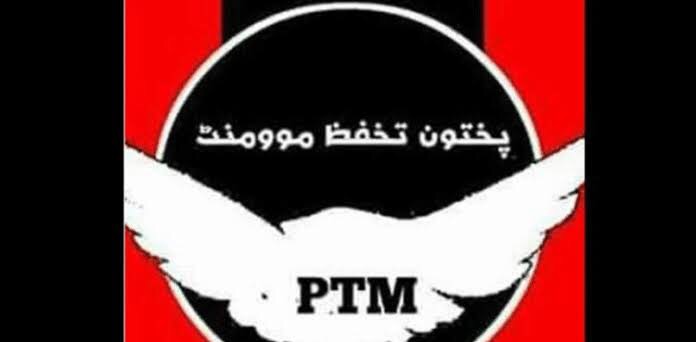If any political organization engages in certain activities, it is likely to face a ban in any country. Pakistan has banned the Pashtun Tahafuz Movement (PTM) due to its involvement in actions considered anti-state, threatening to law and order, linked with terrorism, and compromising national integrity.
Anti-State Activities:
PTM has been accused of not recognizing Pakistan as a legitimate state and rejecting its ideological foundations. Leaders within the organization have spoken ill of Quaid-e-Azam and Allama Iqbal, displayed Afghanistan flags within Pakistan, and labeled parts of Pakistan as Afghan territory. Furthermore, they have publicly called for international sanctions against Pakistan.
Law and Order Concerns:
PTM has reportedly attacked law enforcement and disrupted public life by organizing roadblocks, often involving Afghan nationals. An incident in Bannu saw PTM members allegedly opening fire on a crowd, risking the lives of bystanders.
Terrorism and Illegal Activities:
PTM has called for measures that would hinder counter-terrorism operations, such as ending search operations and removing checkpoints, which could potentially provide relief to terrorists. Manzoor Pashteen, PTM’s leader, has been referenced positively by the Tehreek-e-Taliban Pakistan (TTP), further raising suspicions. PTM also opposes the border between Pakistan and Afghanistan, advocating for unregulated access, which could facilitate smuggling and other illegal activities.
Threat to National Integrity:
Intelligence reports suggest that PTM may receive funding from Afghanistan and promotes an agenda against Pakistan’s interests, including aspirations to form an independent state. Statements by PTM leaders, like Manzoor Pashteen, indicate a desire to establish a separate nation with its own military, thus rejecting Pakistan’s sovereignty.
Due to these activities, Pakistan considers PTM a threat to its national security and has banned the organization.


